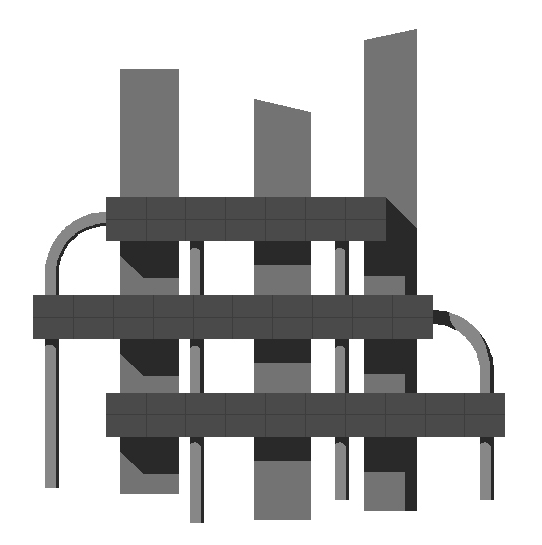|
Docente/i:
Daniele Bajoni
Denominazione del corso: Semiconductor device physics
Codice del corso: 504436
Corso di laurea: Electronic Engineering
Sede: Pavia
Settore scientifico disciplinare: FIS/03
L'insegnamento è affine per: Electronic Engineering
Crediti formativi: CFU 6
Sito web del corso: n.d.
Obiettivi formativi specifici
The principles of quantum mechanics are described and discussed in view of their applications to semiconductor physics and photonics.
Programma del corso
The course will start with an introduction on the principles of quantum mechanics, with the aim of giving the students the basic tools to understand the microscopic aspect of physics and their implication for semiconductor devices.
Topics on wave mechanics
- limits of classical physics
- the Schroedinger equation for a single particles, Heisemberg principle, principle of complementarity
- non interacting, identical particles, spin and exclusion principle
Statistical physics
- density-of-states for a system of particles in equilibrium
- Boltzman distribution
- Bose-Einstein distribution
- Fermi-Dirac distribution
Solids
- single-electron states in a periodic potential
- Bloch theorem
- energy band formation
- metals and insulators
- effective mass
Semiconductors
- electrons and holes
- equilibrium distribution, Fermi energy
- p-n junction
- I-V diagrams for a polarized p-n junction in equilibrium
Prerequisiti
It is assumed that one is familiar with the principles of classical physics, in particular with the properties of the electromagnetic waves and with elementary statistical physics. All the mathematical tools developed during the curriculum are assumed to be well established.
Tipologia delle attività formative
Lezioni (ore/anno in aula): 45
Esercitazioni (ore/anno in aula): 0
Attività pratiche (ore/anno in aula): 0
Materiale didattico consigliato
There is no specific textbook: during the course the instructor will provide students with the presentations used during lectures.
The following textbooks may be used as a complement to specific topics of the course.
S. Gasiorowicz. Quantum Physics. 3rd edition. Wiley.
G.Grosso and G.Pastori Parravicini. Solid State Physics. Academic Press, London.
Titolo del riferimento da modificare.
Modalità di verifica dell'apprendimento
The final evaluation will be based on an oral colloquium.
|




![]()




![]()